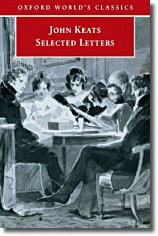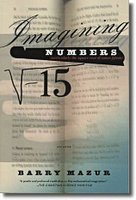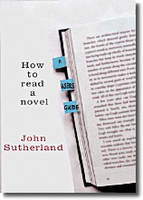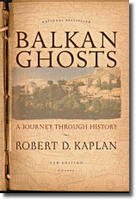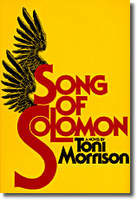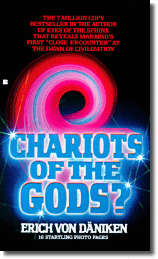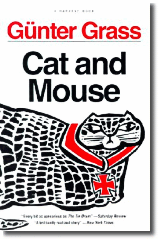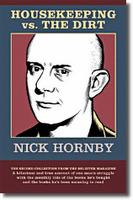
She also wrote Finding Miracles as well as three other books for young readers, The Secret Footprints, a picture book; How Tía Lola Came to (Visit) Stay, a middle-grade novel; and Before We Were Free, a young adult novel. She is a writer-in-residence at Middlebury College and lives in Vermont.
In a Q & A (read the whole interview here), she talked about the book that inspired her when she was growing up:
I was not much of a reader growing up.... But my “old maid” aunt who was a reader did bring me back a book from a trip she took to the United States. It was The Arabian Nights, which is the story of a girl, Scheherazade, who lives in a kingdom where the sultan, who is full of hatred for women, takes a wife every night and then beheads her in the morning. Scheherazade’s father hides her in his library, where she reads all his books and learns thousands of stories! When she learns about what is happening to all the women in her kingdom, she decides she wants to help them. And so she begs her father to let her visit the sultan’s tent and see if she can change his mind. At first her father refuses, but finally he relents.--Marshal Zeringue
And so, that first night when Scheherazade (I always did wish she had an easier name to spell and pronounce!) is taken before the sultan, she asks him if he’d like to hear one of her wonderful stories. “Sure,” he says, “it’s a while before sunrise.” But wouldn’t you know it, just as the sun is coming up, Scheherazade is smack in the middle of an exciting tale. She laments the fact that the sultan is going to miss out on the satisfying ending, since it’s her time to die.
But no way is he going to let her die now. “You must finish your story tonight!” he commands. So Scheherazade is granted another day of life. The next night, she finishes her story, but it’s still not daylight, so she begins another one, which, of course, she is still telling when the sun comes up again. The sultan again grants her a dispensation–and this goes on for one thousand and one nights. By that time, the sultan has fallen in love with Scheherazade because of her wonderful stories, and his hatred has been transformed into love. He is a changed man. Scheherazade has not only saved the women in her kingdom and herself, but she has managed to change the sultan through the power of her stories.
I loved this story. I was spellbound by Scheherazade’s ability to spin tales: Ali Baba and the forty thieves; Sinbad the sailor; Aladdin and his magic lamp . . . These are just a few of the thousand and one stories Scheherazade tells the sultan to save her life. Back in the Dominican Republic, I had a tall fourposter bed. I used to love to sit on that bed under the mosquito net or crawl under the bed with the bedskirt all around me and pretend that I was in the sultan’s tent and I had to think up a great story, or else. No pressure I’ve ever experienced as a writer can match the pressure I felt as a young girl of nine or ten to tell a good story to save my life.








